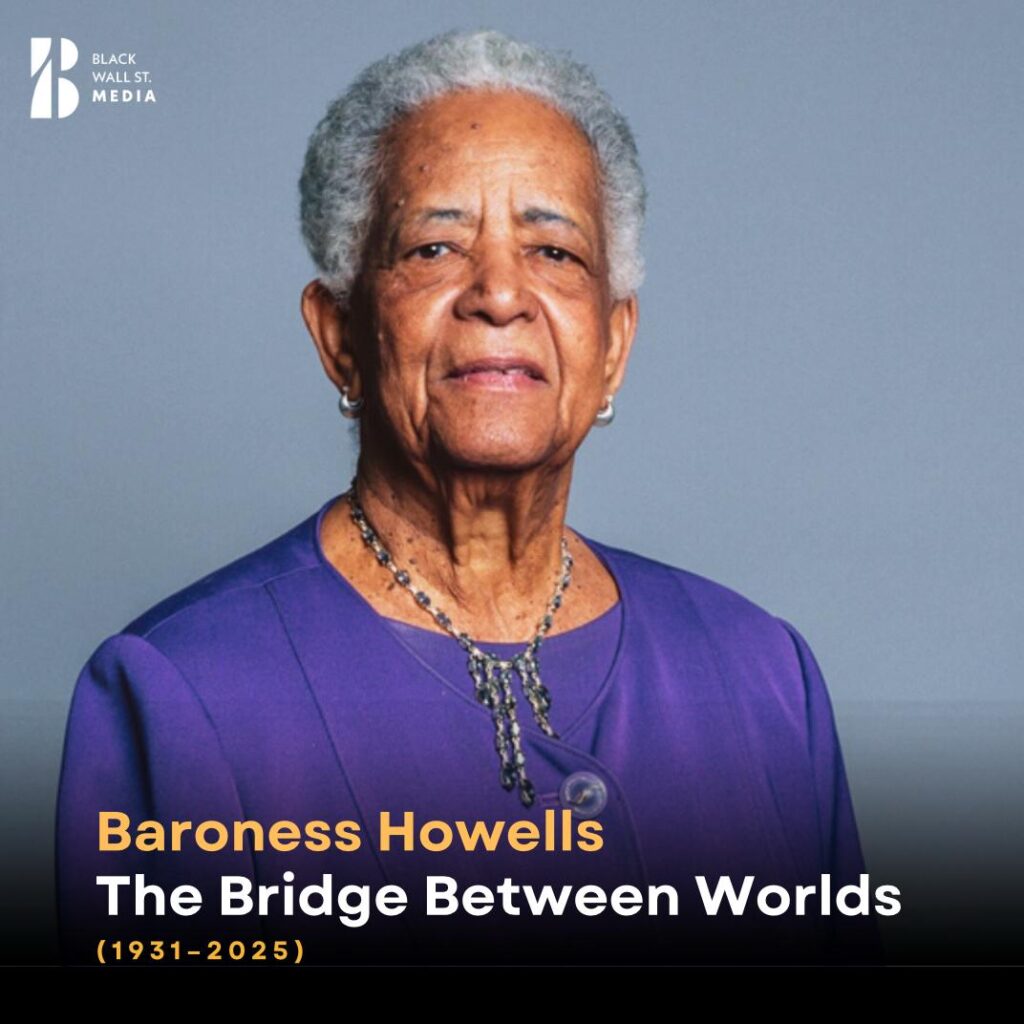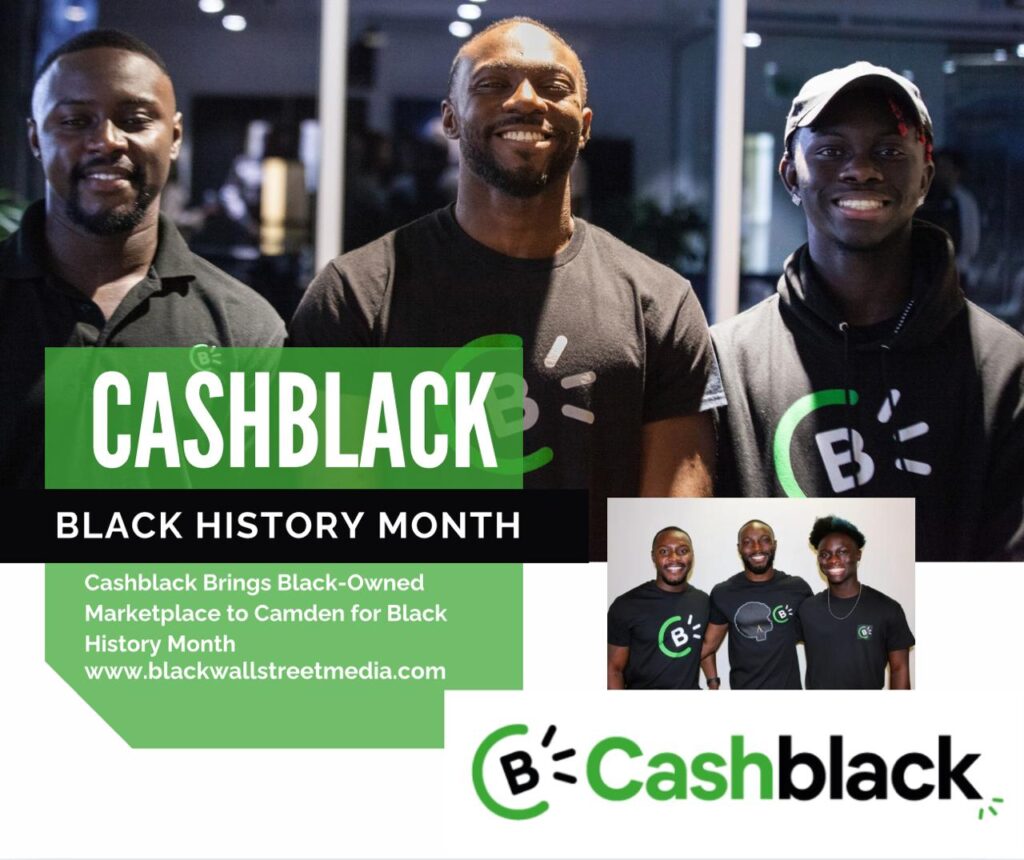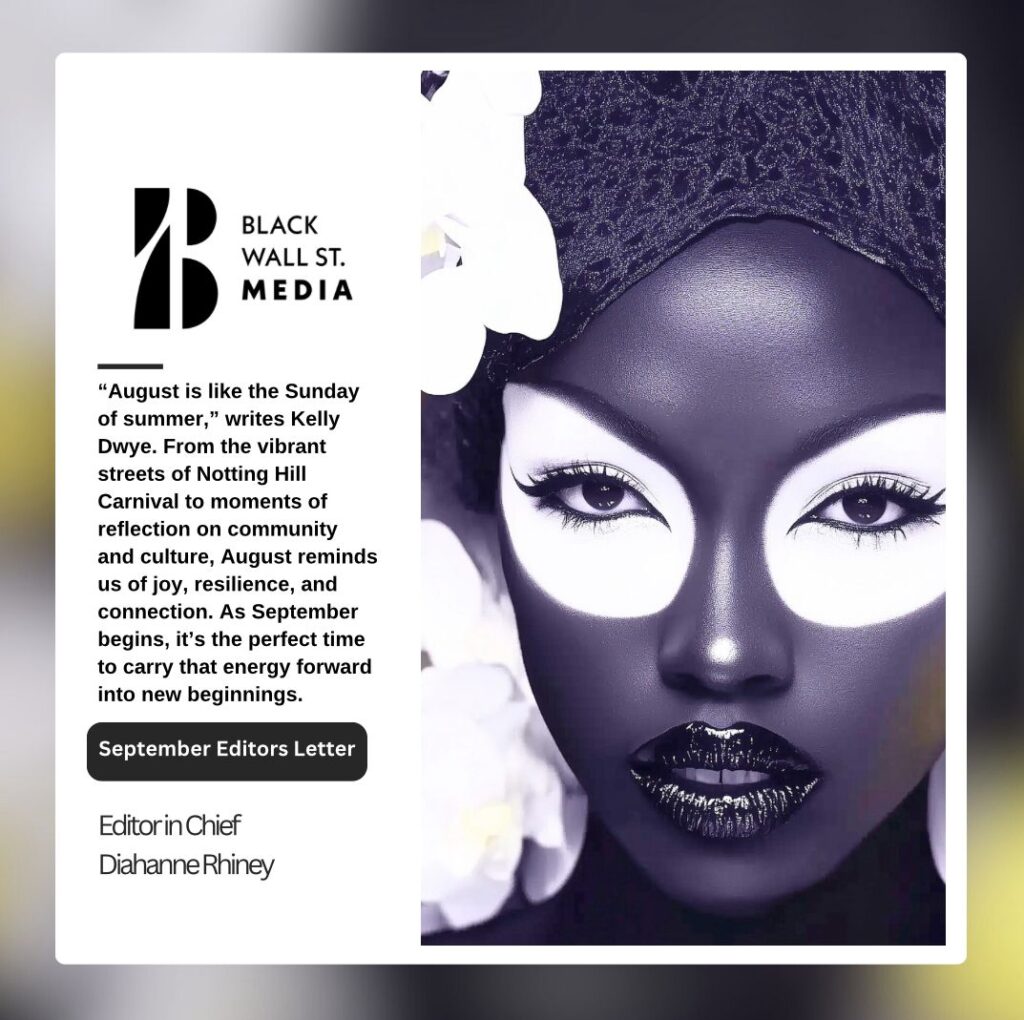BUSINESS
Celebrating Black Women's Rise to Corporate Success
“The Inspiring Journey of Patricia Roberts Harris”
Black Wall St. MediaContributor

Patricia Roberts Harris
Meet Patricia Roberts Harris, the remarkable trailblazer and the first Black woman to sit on a Fortune 500 corporate board.
While her achievements were overshadowed for years, a recent discovery by Black Women on Boards (BWOB) has shed light on Harris’s groundbreaking accomplishment.
In 1971, Patricia Roberts Harris joined the board of IBM, breaking into the realm of corporate power that had long been reserved for white men.
Her story is now celebrated in the documentary “OnBoard,” which aims to normalise Black women’s corporate success and inspire future generations of Black executives.

Harris’s journey to the boardroom was marked by a series of firsts.
Born into a working-class family in Illinois, she attended Howard University on a scholarship, where she graduated summa cum laude.
With a “steel-trap mind” and a self-assured leadership style, Harris excelled in her career, becoming a corporate lawyer, the dean of Howard University School of Law, an organizer for the Democratic Party, and even an ambassador to Luxembourg.
In addition to IBM, she served on the boards of Scott Paper and Chase Manhattan Bank.
Harris’s directorship at IBM came to an end in 1977 when she was invited to join the U.S. cabinet.
She served as the secretary of Housing and Urban Development and later as the secretary of Health, Education, and Welfare during the Carter administration.
Throughout her career, Harris faced challenges and criticism, but she always stood her ground.
In a memorable exchange during a Senate committee hearing, she passionately defended her connection to the people, emphasizing that those who start as outcasts can become part of the system.
The documentary “OnBoard,” co-executive produced by Merline Saintil, a cofounder of BWOB, aims to highlight Harris’s story and the journey of Black women in corporate governance.
It features interviews with Black women directors from various companies, shedding light on their experiences and contributions.
By honouring Harris and the women who followed in her footsteps, the film challenges the longstanding omission of Black women from the narrative of big business and corporate boardrooms.
The creation of BWOB itself was sparked by the surge in requests for Black board members following the murder of George Floyd.
Major American companies pledged to address racial inequities and diversify their boards.
However, the focus seemed to be on finding Black directors at other companies, overlooking the talented Black women who were not receiving board invitations.
Recognizing this gap, Saintil and Robin Washington, former CFO of Gilead Sciences, decided to create a platform to support and promote Black women executives.
Since its inception, BWOB has grown significantly, with over 200 members globally and more than 30 women placed on public company boards.
The organization aims to debunk the myth that there aren’t enough Black executives with the necessary experience to serve as directors.
While barriers still exist, such as the lack of social capital and networks, progress is being made.

Deloitte’s recent board snapshot shows a substantial increase in Black directors, with Black women experiencing the largest jump in new placements since 2020.
As boardrooms continue to diversify, companies are recognizing the value of diversity in decision-making and overall performance.
Boards are no longer limited to executives who have held CFO or CEO positions; they are now seeking directors with varied professional backgrounds.
However, Black women still face challenges in accessing board opportunities and require ongoing support once appointed.
Saintil, much like Harris, initially shied away from the limelight but recognized the potential impact of the documentary.
She realized that it could inspire others and educate them about the role and importance of boards.
By sharing stories and experiences, the film aims to ignite passion and empower individuals to reach new heights in their careers.
The journey of Patricia Roberts Harris serves as a powerful reminder that progress is possible, even in the face of adversity.
Her trailblazing role as the first Black woman on a Fortune 500 board paved the way for generations of Black women executives.

As BWSM shines a light on her story and the accomplishments of Black women in corporate governance, it contributes to a more inclusive and equitable future, where diversity in the boardroom is the norm, not the exception.
Black Wall St. MediaContributor









